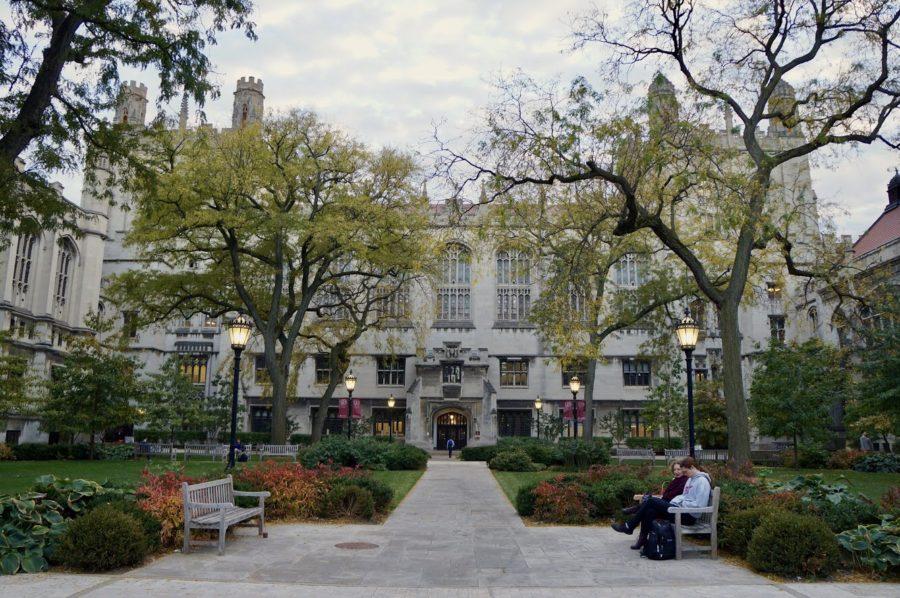On March 12, the National Labor Relations Board (NLRB) announced that it would withdraw a proposed rule that would have established that students at the graduate and undergraduate levels who perform services, including teaching or research, for their universities for compensation were not employees.
While graduate students at public universities have been allowed to unionize for years, this has not been the case for those at private universities. The drive for unionization among graduate students at private universities accelerated in 2016 after the NLRB allowed graduate students at Columbia to form a union. Since then, graduate students across the country, including Graduate Students United (GSU) at the University of Chicago, have attempted to unionize in order to advocate for better working conditions. In UChicago’s case, GSU has advocated for an end to the student services fee, more flexible program deadlines, and an increased say in the administrative decisions that impact graduate students.
The now-withdrawn rule, which was proposed in 2019, would have severely damaged the unionization efforts of graduate students at private universities as it would have codified that graduate student workers were not recognized as statutory employees, barring them from federal collective bargaining rights guaranteed by the National Labor Relations Act.
“The change of the rule today is showing the winds are in [GSU’s] favor. By August or so, there should be a Democratic majority on the board again and so legally our options are looking better than they have been over the past four years,” said Laura Colaneri, a member of GSU’s communications committee. “As of right now, we’re not relying on any one strategy in particular, we’re focusing on the needs of our members and trying to do things that will have immediate benefits on campus and aren’t subject to shifting political tides on a Federal level.”
This strategy of caution has defined how GSU has operated, including their 2018 decision to withdraw their case for recognition from the NLRB. At the time, graduate student organizers across the country feared that the Republican majority on the NLRB, appointed by then-President Donald Trump, would use the case as an opportunity to overturn the Columbia decision of 2016 and declare that graduate students weren’t statutory employees.
“One of our other lessons over the past few years has been that you can’t put all your eggs in one basket. The government will sometimes support you and sometimes it won’t. And when you know that you’re in the right, in terms of your actions and that you’re trying improve people’s working conditions on campus, you’ve really got to explore all of your options,” Colaneri said.









